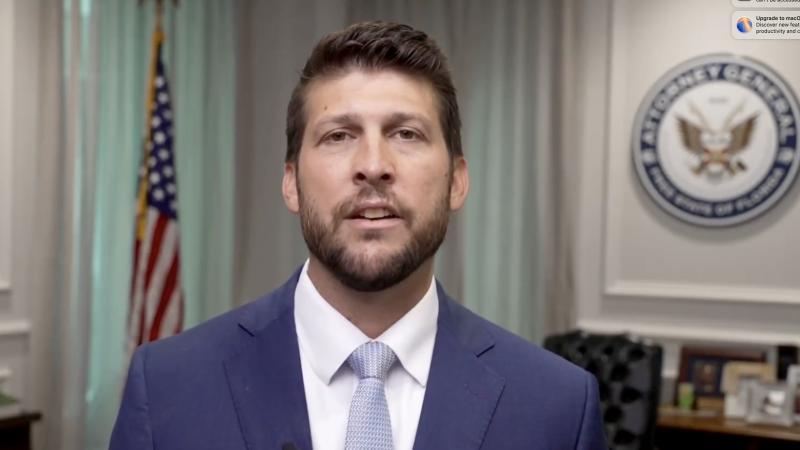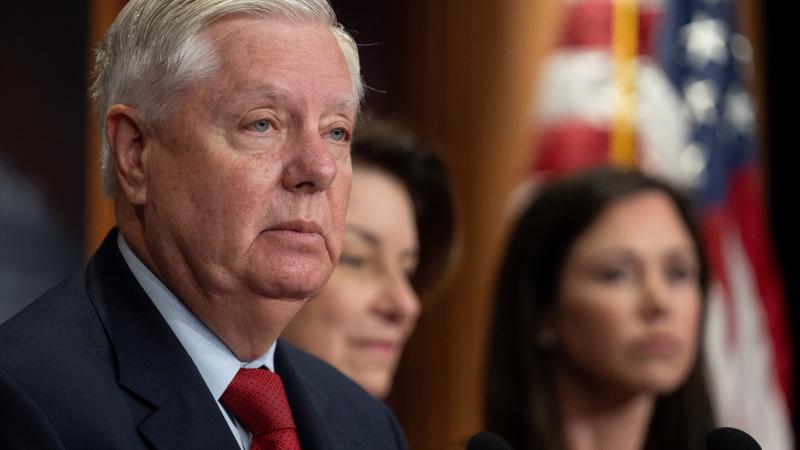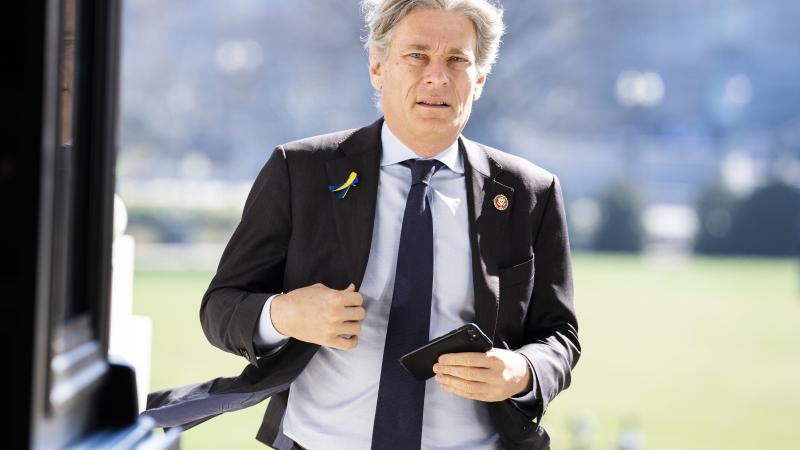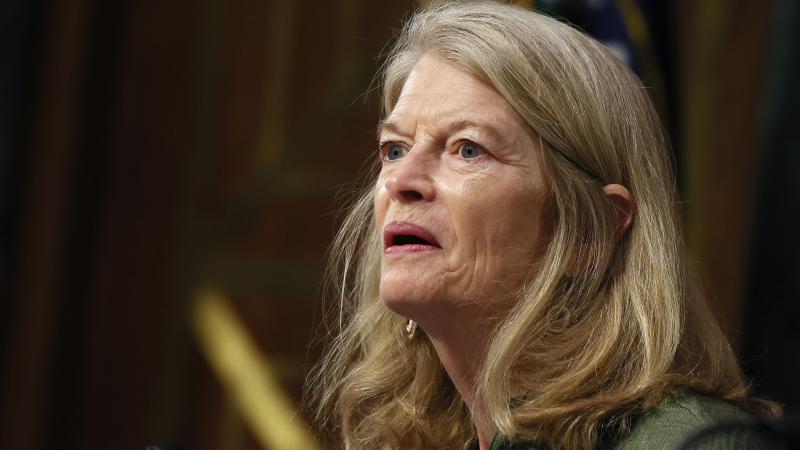Gov. Abbott expands special session to advance school choice bill
Abbott expanded the special session call after having “productive discussions with Lieutenant Governor Dan Patrick and Speaker Dade Phelan,” saying they reached an “agreement on school choice for Texas families.”
Texas Gov. Greg Abbott on Tuesday expanded the call for the current third special legislative session to add items to his school choice bill, which already passed the Senate and has gone nowhere in the House.
Abbott did so after House Democrats introduced their own $40 billion education funding bill that would give all Texas teachers $15,000 raises, and as Texans are voting on 14 constitutional amendments, including a proposition to spend millions of dollars to increase retired teachers’ pensions.
Abbott expanded the special session call after having “productive discussions with Lieutenant Governor Dan Patrick and Speaker Dade Phelan,” saying they reached an “agreement on school choice for Texas families.”
“The legislation will create an Education Savings Accounts program with universal eligibility for all Texas schoolchildren and will be entirely voluntary for families and schools to participate,” he said. SB 1, which already passed the Senate, created ESAs and funding them up to $8,000 per student. Abbott’s proposal increases the amount for eligible students to “approximately $10,400 per year in their Education Savings Account, administered by an education organization overseen by the Texas Comptroller on behalf of the parents and students participating in the program.”
“We will also provide billions more in public education funding to boost Texas’ top-notch public school system, including teacher pay raises, while staying within the constitutional spending limit,” he continued. SB 2 also passed the Senate, allocating record funding for public school education, including increasing the basic allotment for per-student funding and giving raises to teachers across the board. Sen. Brandon Creighton filed both SB 1 and SB 2.
Expanding the special session call, Abbott said, “is the next step in the legislative process to deliver school choice to Texas parents and students who deserve the freedom to choose the education that best fits their learning needs. I look forward to working with both chambers of the Texas Legislature on getting this legislation to my desk to sign into law.”
Key legislative items on the governor’s call include:
Universal school choice eligibility for all K-12 schoolchildren in Texas.Voluntary participation – parents, students, and schools choose whether they want to participate.Students will receive approximately $10,400 per year in their Education Savings Accounts.Phases out the State of Texas Assessments of Academic Readiness (STAAR) Test.Students participating in the program will have the option of taking a norm-referenced test or STAAR test to ensure the program achieves good educational outcomes.Billions more in funding for Texas public schools for the biennium, including teacher pay raises and school safety.
However, the House couldn’t accept the call, Rep. Craig Goldman, R-Fort Worth, said, because it couldn’t convene because it didn't have a quorum. At a news conference Tuesday morning with other House Republicans, Goldman said, “The governor expanded the call, we cannot accept this call because we do not have a quorum. The Democrats were told not to be here today by their own caucus leadership. That’s unacceptable. … This is on the Democrats, for them not being here today, for us not being able to accept this proclamation.”
Chairman of the Texas House Democrats, Trey Martinez-Fischer, disagreed. He issued a statement, saying, “I know math is hard but you don’t get to blame House Democrats for a lack of quorum when 20 Republicans were not present on the House floor. That said, what the hell took House Republicans so long to realize what Democrats have known since day one of the regular and special session: our teachers need a pay raise.”
The Texas Senate already passed SB 2 to provide one-time teacher retention payments of between $3,000 and $10,000 for the 2023-2024 school year “because the state cannot modify existing contracts with teachers,” Lt. Gov. Patrick said earlier this month after SB 2 nearly unanimously passed.
It also expands Teacher Incentive Allotment eligibility to at least 50% of teachers, increases the basic allotment, and doubles per-student and per-campus school safety allotment funding.
The Republican-controlled Senate passed school choice bills in 2015, 2017, and 2023, which all died in the Republican-controlled House. The Senate will pass its school choice bill “over and over again until the Texas House passes it and sends it to Gov. Abbott’s desk,” Patrick has said.















